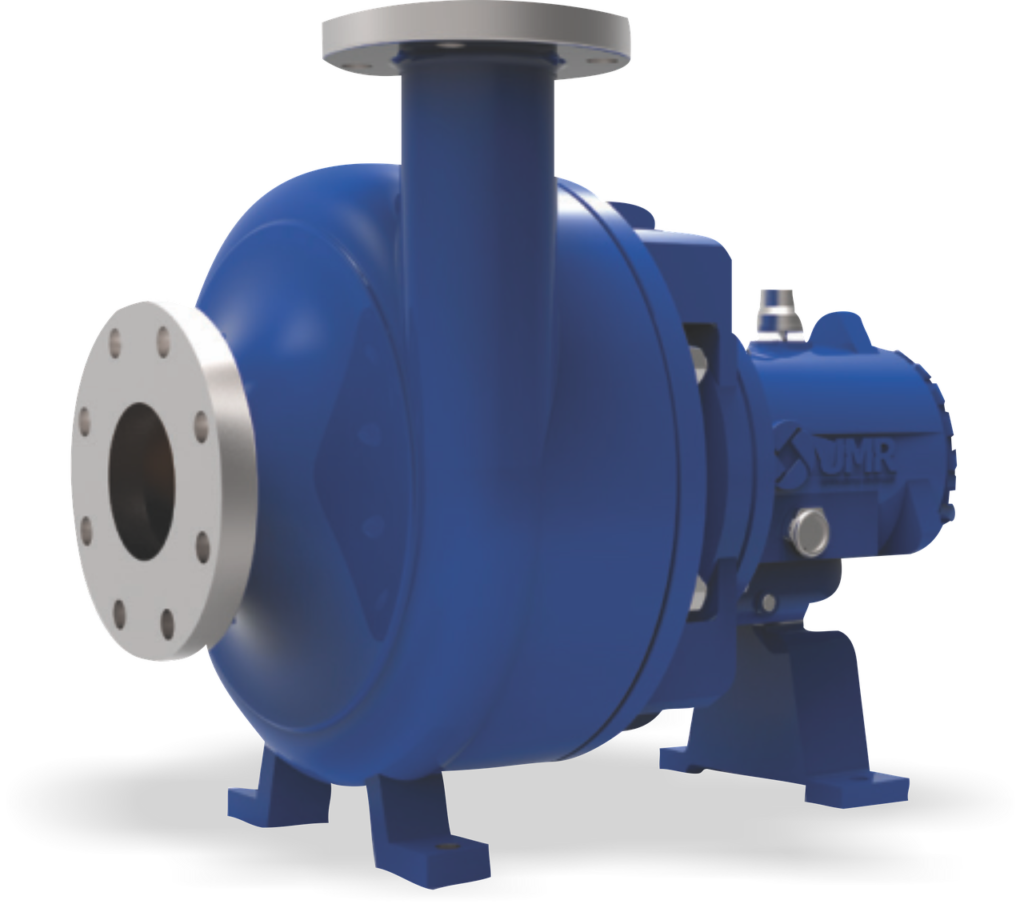How to determine the right centrifugal pump
 aim of procuring a pump is based on its ability to operate effectively and efficiently, to meet the demands of the process. Ensuring reliable and proficient pump selection goes a long way in ensuring that the selected pump is appropriately controlled to function at its best. The minimal force exerted on the mechanical components, and low vibration indicates a reliable pump. Different pumps have various pumping applications, which result in severe consequences if not correctly followed. Some industries have specified standards for their pumps and guidelines to which manufacturers need to adhere. Some of these industries are oil companies, gas companies, and chemical plants.
aim of procuring a pump is based on its ability to operate effectively and efficiently, to meet the demands of the process. Ensuring reliable and proficient pump selection goes a long way in ensuring that the selected pump is appropriately controlled to function at its best. The minimal force exerted on the mechanical components, and low vibration indicates a reliable pump. Different pumps have various pumping applications, which result in severe consequences if not correctly followed. Some industries have specified standards for their pumps and guidelines to which manufacturers need to adhere. Some of these industries are oil companies, gas companies, and chemical plants.
What mechanical considerations go into centrifugal pump selection?
Several mechanical considerations inform the pump selection process since there are different automatic configurations in other industries. Though automated reviews significantly impact pump selection, you must assess the effects of system conditions on the mechanical pump design.
Pump seals usually come in three basic types: shut the pumps where the shafts pass across the pump casing. These three commonly used pump seal types are centrifugal seals, gland seals, and mechanical seals. The latest trend in pumps is the manufacture of more miniature pumps, which have proven effective where dangerous, corrosive, and toxic materials are pumped since they cannot leak. Depending on the type of system you have will determine the type of seal to use.
Maintenance and reliability are also vital factors that immensely inform the pump selection process, with most modern pumps having complex mechanisms to enhance efficiency. Simpler is always better when it comes to pumps since modern pumps have complexities that have a higher chance of significant failure rather than success. Regardless of this fact, components designed for easier maintenance often compromise the reliability of the pump to perform efficiently.
Temperature is among the key factors that significantly influence one’s pump preferences, especially when the pumped medium has a high temperature. High-temperature pumps may require the use of specific split casting, whereby auxiliary coolant requirements are met to cater to the seals and bearings.
What are the benefits of a centrifugal pump?
Centrifugal pumps are often used to pump corrosive, dangerous, and toxic material, which means that they need to be resistant to corrosion. These pumps need to avail manufacturers of various ways to convey a diverse variety of fluids that vary in their condition. Due to the viscosity of the different fluids being pumped, these pumps need to be energy efficient, which reduces the cost over a long period. A centrifugal pump enables smooth flow; unlike other pumps with pulsing side effects, these pumps do not need pulsation dampeners. Generally, they have low maintenance due to enhanced efficiency and reliability due to their versatility.
